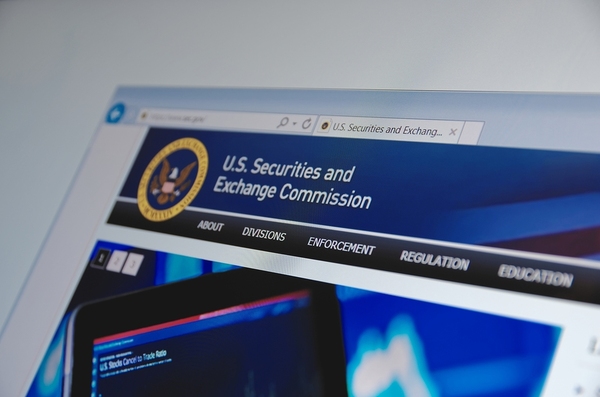
If you are dabbling in the world of new finance, you have likely noticed that participation in many ICOs or bitcoin EFTs is limited to accredited investors. What does that term mean, and how does it apply in the world of new finance?
Accredited Investors in Mainstream Finance
In traditional investment scenarios, an accredited investor is defined as a person or entity who meets certain requirements as defined in Regulation D of the United States Securities and Exchange Commission (SEC) rules and regulations. An individual accredited investor must meet one or more of the following standards:
- Demonstrate an annual income of $200,000 or $300,000 over the last two years
- Have a net worth exceeding $1,000,000 (not including the worth of his or her primary residence)
- Be a general partner, executive officer, or director for the unregistered security in question
Investopedia points out a modification in the definition, stating:
“In 2016, the U.S. Congress modified the definition of an accredited investor to include registered brokers and investment advisors. Also, if a person can demonstrate sufficient education or job experience showing his professional knowledge of unregistered securities, he is also considered an accredited investor.”
The requirements for an entity to be considered an accredited investor are a bit different. To qualify as an accredited investor, an entity must either have assets exceeding $5,000,000 or consist of equity owners who are themselves qualified as accredited investors.

Why the Requirements for Accredited Investors Exist
Robert Arnott once said: “In investing, what is comfortable is rarely profitable.”
Investing typically calls for at least some amount of risk tolerance. Whether it is taking a position on an exciting stock or a stake in a hot hedge fund, an investor must be at least willing to put a certain amount of trust in the investment vehicle involved. This means that, to a certain extent, the investor is vulnerable.
It is for this reason that the SEC produced guidelines for accredited investors. In a public statement, the SEC Commissioner notes:
“The “accredited investor” definition is critical for the protection of investors. At its essence, the definition attempts to identify those individuals who are expected to be able to fend for themselves and protect their interests.”
Though the concept of accredited investors has been debated both inside and outside of the SEC itself, the standards are usually regarded as a way to safeguard the interests of investors who may be lacking in financial sophistication.
Accredited Investors in the World of New Finance
The potential risk for investors in the ICO world is great. Often based on nothing more than a prospectus, investors must decide whether to invest in an idea that may have no proof of concept, no current real-world application, and no demonstrable proof the project can be commercially viable or even work.
Most ICOs are not being subjected to SEC or any other national financial authority oversight, but some ICOs have used the term “accredited investors” to identify and single out “whales”, potential institutional or major portfolio investors.

ICOs that are considered to be securities offerings that are not registered with the SEC can only be offered to accredited investors in the United States. However, some ICO providers opt to skirt this issue by not offering their ICO to American investors or to investors from countries with American-style securities regulations, like Hong Kong or Singapore.
Why ICOs May Limit Participation to Accredited Investors
Targeting accredited investors can be lucrative. For example, when FileCoin, a decentralized storage network, launched its ICO in August, the sale was exclusive to accredited investors, as defined by the SEC. FileCoin raised approximately $186 million in its first hour and nearly $250 million total for the sale. Before the sale, FileCoin raised $52 million from venture capital firms by offering a discounted token. Purchasing the token at this price locked in the tokens to a minimum one year vesting period, however, with the firms offering FileCoin strategic advice.
Additionally, targeting accredited investors may be an effective way of overcoming the “Howey Test.” The Howey Test, named after the U.S. Supreme Court case S.E.C. v. Howey Co., dictates that an investment is speculative and subject to SEC oversight if it is dependent for its profits on the labor and efforts of others. By requiring investors to submit to legal frameworks such as the Simple Agreement for Future Tokens (SAFT), ICO investments would no longer be subject to the Howey Test and it would be lawful for anyone to participate.
Allowing accredited investors early and discounted access to ICOs, however, defies the nature of altcoins, which argues that as a democratic, decentralized platform, all investors are equal. While there is currently no consensus on the morality of using such marketing devices, an investor must ask if trusting an ICO that utilizes such methodology is truly worth the risk.
To learn more about investment issues in the cryptocurrency space, take a moment today to subscribe to the Bitcoin Market Journal newsletter, which provides a steady stream of insightful content about the brave new world of digital currencies.

